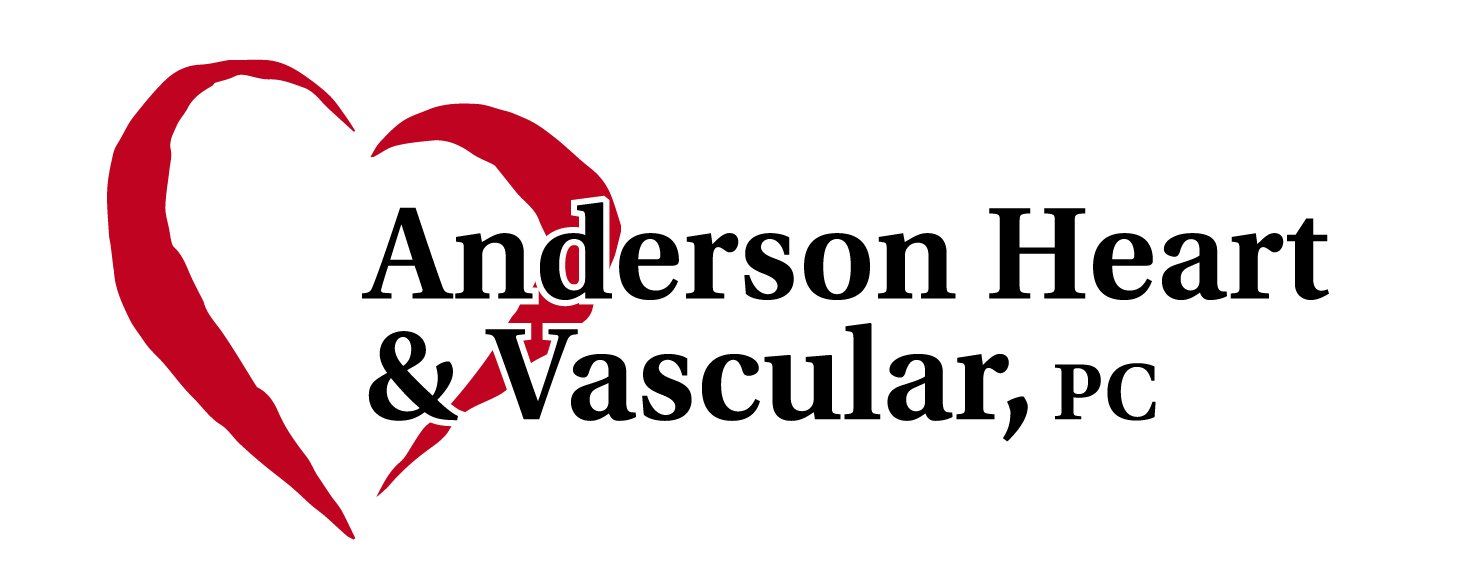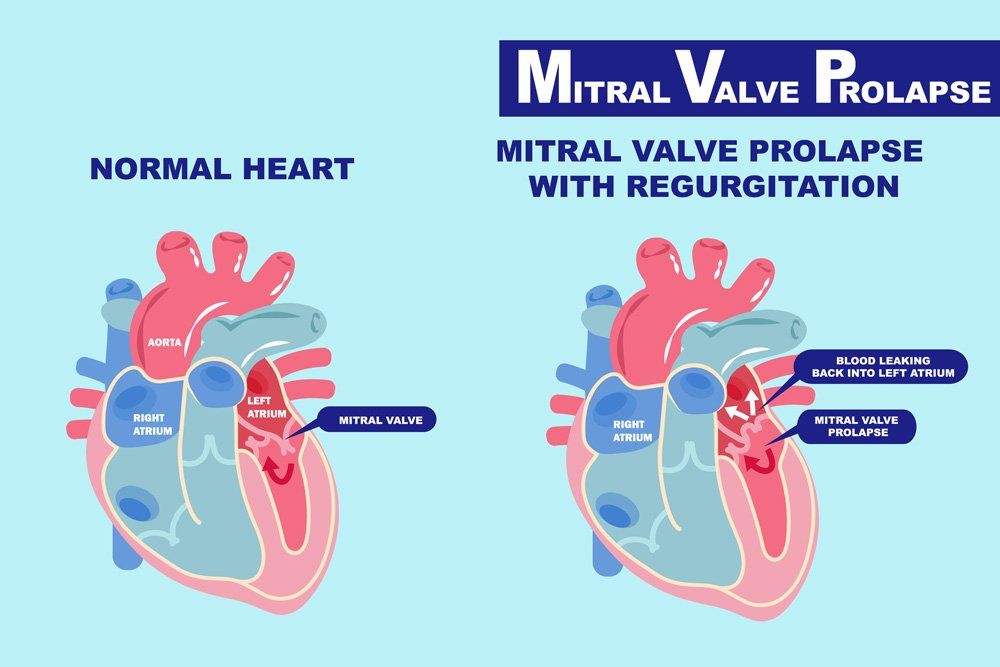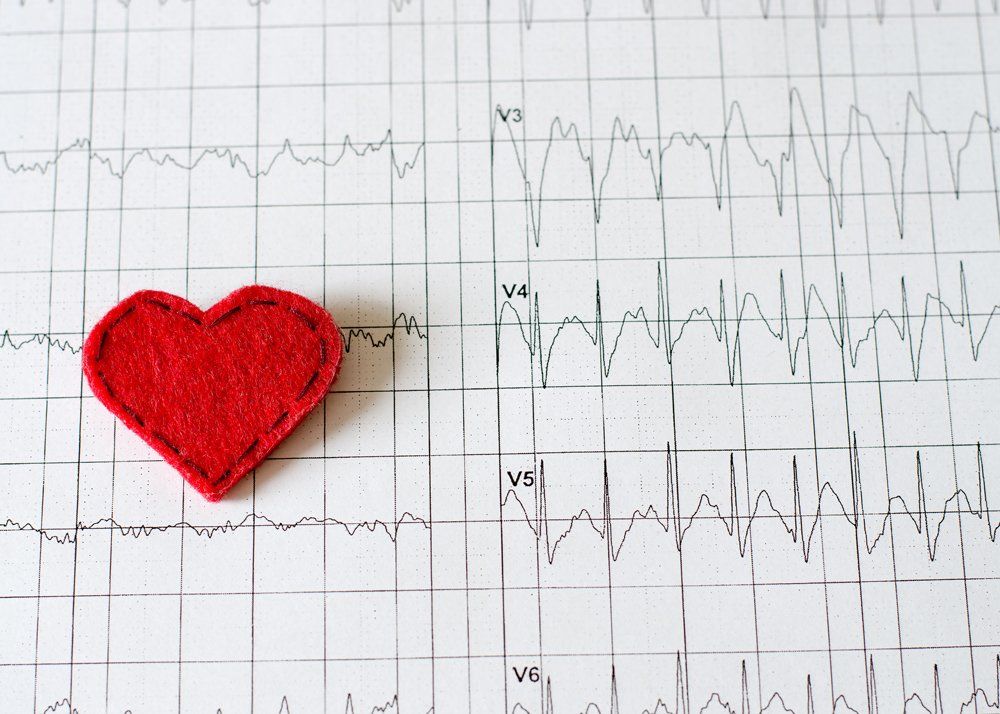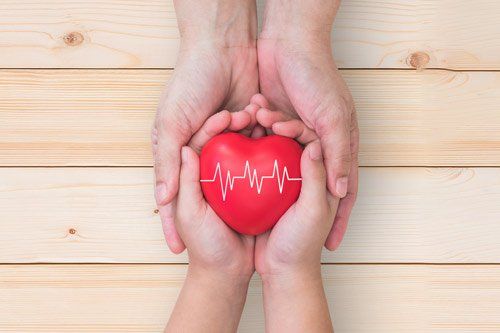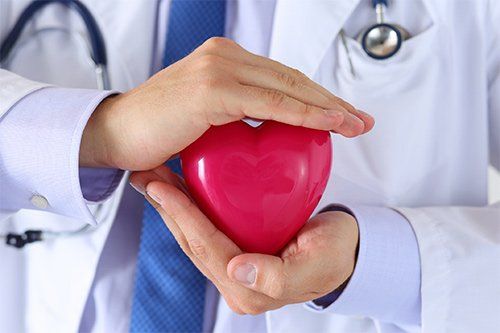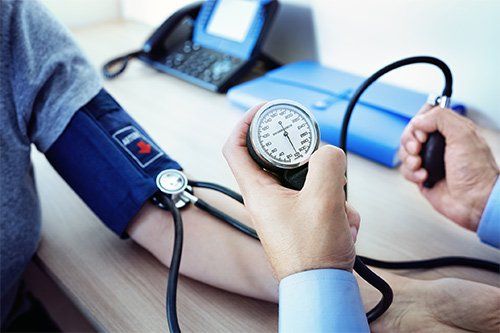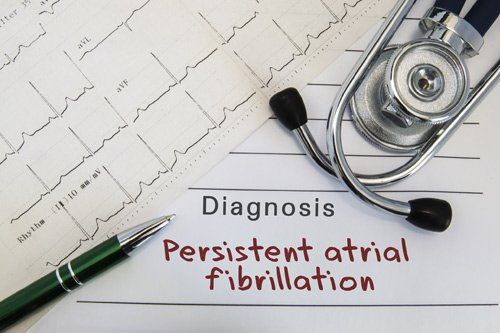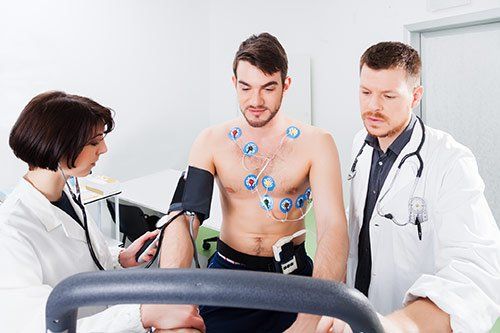3 Strange Symptoms of Heart Problems
- By Admin
- •
- 10 Apr, 2018
- •
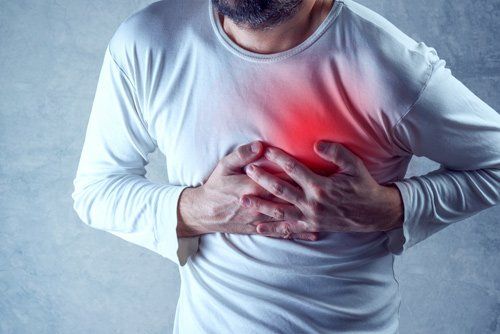
Labored breathing and a clutched chest might be the way TV characters depict sudden heart problems, but that isn't always what happens in real life. Unfortunately, years of incorrect depictions have led many people to underestimate their own health symptoms, sparking dangerous situations.
It’s important to understand what symptoms are commonly associated with heart attacks or heart issues. So here are three strange symptoms that you might not realize are being caused by heart problems.
1. Neck, Shoulder, or Ear Pain
If you are like most people, you might not associate body pain like ear or neck problems with your heart, especially since they aren't associated with the cardiovascular system. However, the heart is smart, and when it starts to run out of oxygen, it starts to trigger pain signals throughout the body to prompt attention.
Unfortunately, these pain signals can often be confused with other issues, such as sore muscles, ear problems, or even ongoing quirks, which can cause people to ignore the signs of an imminent heart attack.
People can also experience pain in their upper backs, arms, or shoulders, tempting them to think more about getting a massage or relaxing in a hot tub than making an urgent trip to the emergency room.
As a general rule of thumb, you should never ignore any pain that doesn't have a clear cause. For instance, it may be completely normal to experience some muscle pain after a rigorous day in the weight room, but muscle tenderness in your upper torso when you haven't done anything strenuous could be a bad sign.
Although you might feel silly asking if your muscle soreness or ear pain is tied to your heart, advances in cardiology have made it easier than ever for physicians to understand your heart health. For example, Holter monitoring can help your doctor evaluate your heart function for 24 to 72 hours at a time, and a simple echocardiogram can detect heart damage in as little as a few minutes.
2. Low Energy and Extreme Fatigue
You might not be excited about doing those stairs your trainer wants you to tackle, but if you find yourself physically incapable to perform basic exercise due to shortness of breath, you might be experiencing the symptoms of a heart attack.
Extreme fatigue, breathing problems, and even just feeling bad for no reason can be a sign that your heart isn't operating at peak capacity. If you find yourself unable to complete basic physical tasks you could handle with ease a few months ago, ask your doctor for a cardiac checkup.
3. Bad Breath and Puffy Gums
All too often, people assume that their dental health is completely unrelated to their overall wellness. However, nothing could be further from the truth. In fact, researchers have discovered that the oral bacteria that prompts tooth decay can eventually seep into your bloodstream, causing inflammation and even infections throughout your body.
Oral bacteria has been found in plaque lining the arteries of the heart, and periodontal disease has been directly tied to an increased risk of heart attacks.
If you have any of the signs of periodontal disease, including bad breath and puffy, reddened gum tissue, report the problem to your doctor right away. In addition to working with a dentist to get your gum disease under control, you might also need a cardiac evaluation to see if the inflammation has damaged your heart.
Heart problems might not always be easy to spot, but with regular cardiology exams, you can stay on top of your health. To learn more about your level of risk, make an appointment with a cardiologist at Anderson Heart PC.
